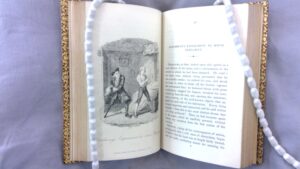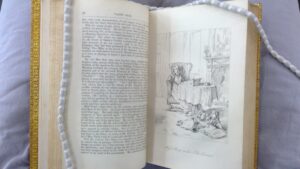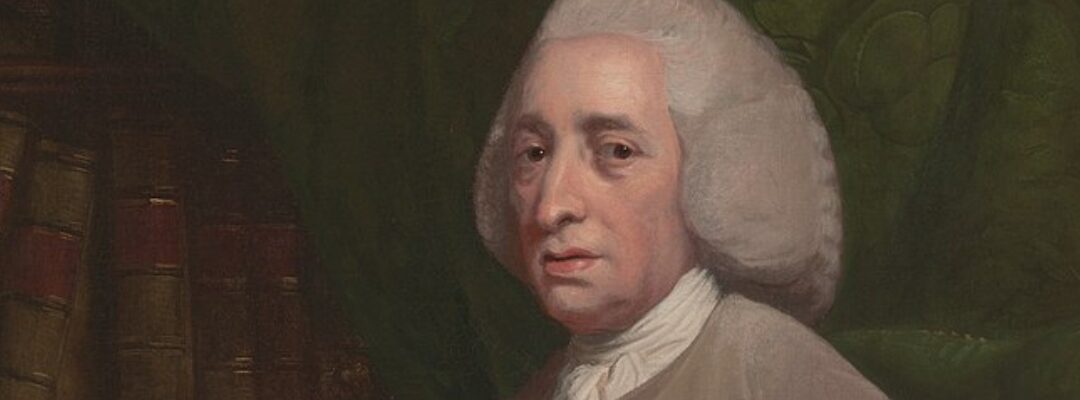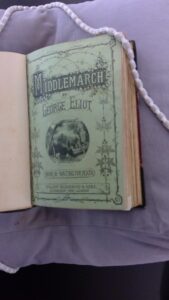Smollett’s legacy

George Cruikshank, Illustrations of Smollett, Fielding, and Goldsmith, in a Series of Forty-One Plates (London: C. Tilt. 1832), [S.L.] IV [Cruikshank, G. – 1832]
The prolific Regency and Victorian caricaturist and illustrator George Cruikshank (1792-1878) illustrated all of Smollett’s novels–Roderick Random, Humphry Clinker, Peregrine Pickle, Count Fathom, and Sir Launcelot Greaves—as well as works by Smollett’s contemporaries. This compilation contains his four pictures from Humphry Clinker, five from Roderick Random, and eight from Peregrine Pickle, one of which is shown here. Peregrine Pickle first appeared in 1751 (a copy is held at Senate House Library). Illustration by a caricaturist is particularly appropriate for a novel which satirised both foreign countries and, in particular, Smollett’s professional enemies.

William Makepeace Thackeray, Vanity Fair: A Novel without a Hero (London: Bradbury and Evans, 1848), S.L.] I [Thackeray – 1848]
William Makepeace Thackeray was among Smollett’s Victorian admirers. In The English Humourists (1851), he wrote that Smollett: “had the keenest perceptive faculty, and described what he saw with wonderful relish and delightful broad humour”. Shown here is part of Chapter Ten of Vanity Fair, when the anti-heroine, Becky Sharp, is working as a governess:
Once, when Mr. Crawley asked what the young people were reading, the governess replied “Smollett.” “Oh, Smollett,” said Mr. Crawley, quite satisfied. “His history is more dull, but by no means so dangerous as that of Mr. Hume. It is history you are reading?” “Yes,” said Miss Rose; without, however, adding that it was the history of Mr. Humphrey Clinker.
Humphry Clinker (1771) was Smollett’s final novel. An immediate success, it took Smollett’s already strong reputation to new heights. The history of which Mr Crawley is thinking is Smollett’s four-volume Complete History of England (1755-1757), also very successful. Senate House Library has copies of the second and third editions (1758-1760).
George Eliot, Middlemarch: A Study of Provincial Life (Edinburgh and London: W. Blackwood, 1871)
Sir Walter Scott, De Quincy, Leigh Hunt, Charles Dickens, and Robert Louis Stevenson are all among the nineteenth-century authors to have expressed a view on Smollett. Shown here is Book Three of George Eliot’s masterpiece Middlemarch in its original wrapper. Here Eliot has the heroine’s father Mr Brooke, recommend Smollett to his son-in-law: “Get Dorothea to read you light things, Smollett – Roderick Random, Humphry Clinker: they are a little broad, but she may read anything now she’s married, you know. I remember they made me laugh uncommonly …”.


